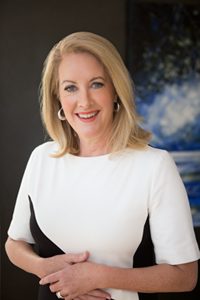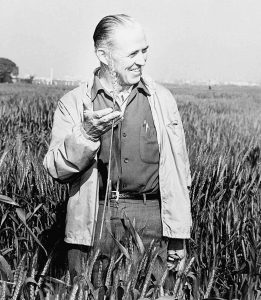 Toward the end of Leadership Formation, each participant selects a world class leader for immersion study.
Toward the end of Leadership Formation, each participant selects a world class leader for immersion study.
Criteria are intentionally vague and as a result we’ve explored the lives and leadership of people such as Steve Biddulph, Kelly Slater, Sir Winston Churchill, Marie Forleo, Pastor Brian Huston, Steve Jobs and John Quincy Adams.
The unusual diversity creates a rich base for leadership insights to emerge.
At the most recent Leadership Formation Retreat, we heard the stories of four inspiring people.
- Elizabeth Broderick AO, who recently completed 8 years as Australia’s Sex Discrimination Commissioner and is a committed advocate for improving gender equality.
- Louise Voigt, former long-serving CEO of Barnardos Australia whose advocacy on behalf of foster children helped introduce Open Adoptions to Australia.
- Norman Borlaug, winner of the 1970 Nobel Peace Prize. An Iowa farm boy, his later research into wheat produced high yielding, disease resistant varieties introduced to Mexico, India and Pakistan in the 1960’s and 1970’s. He was credited with saving many millions of lives worldwide.
- David Griswold, founder of Sustainable Harvest, a company bringing transparency into the coffee supply chain, helping farmers move from subsistence to sustainability.
It i s very confirming to see how closely their stories align with the ‘follow your bliss’ road map:
s very confirming to see how closely their stories align with the ‘follow your bliss’ road map:
- Notice what you care about – whether it’s gender equality, or that every child deserves a safe home, or helping people feed their families and rise from poverty, each leader has commitment to something they care deeply for, over a long period of time.
- Get started anywhere, it’s all connected – tracing back through the lives of those who eventually make significant contributions, their origins are generally humble and modest, but easy to connect to their future impact. A young female lawyer, a social worker, a farm boy or a social entrepreneur, in many ways each continued the same ‘work’ as when they started, only on a widening platform.
 Learn as you go – of course, no world class leader arrives fully formed. Whether it’s from early experience, a failed business, listening tours, or a South American farmer, every leader continues to learn and grow and to demonstrate a life-long curiosity.
Learn as you go – of course, no world class leader arrives fully formed. Whether it’s from early experience, a failed business, listening tours, or a South American farmer, every leader continues to learn and grow and to demonstrate a life-long curiosity.
- Perseverance – being courageous; willing to be unpopular in pursuit of what you believe is right; persistence in the face of institutional (Indian bureaucracy) and cultural (foster child rights) obstacles; bending rules and breaking new ground; grit, determination and even stubbornness.
The stand out insight is that leaders generate power by connecting to a deep sense of purpose or calling.
The work of Leadership Formation challenges us toward this clarity.


